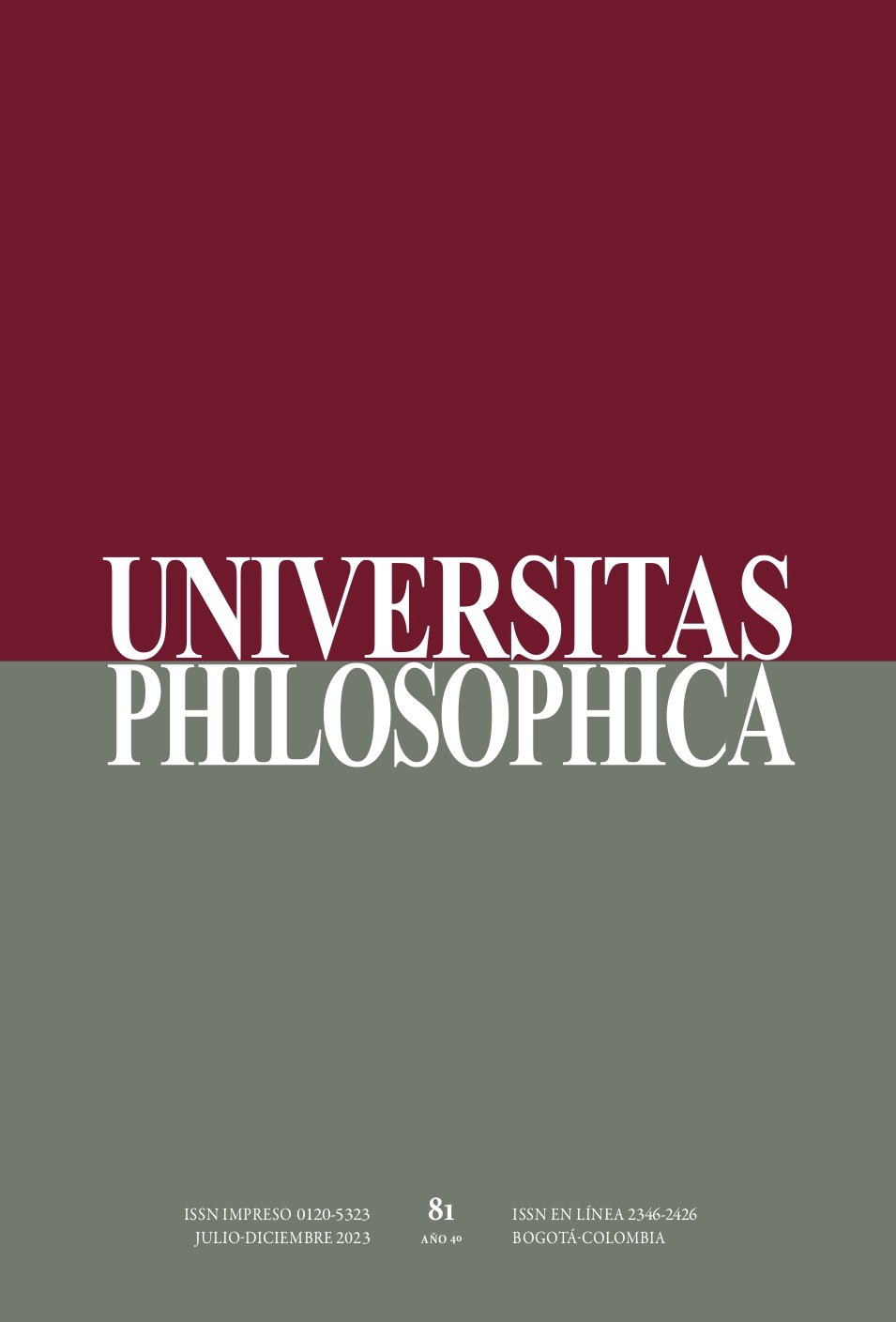Abstract
For Nietzsche, all morality is a process in which certain needs or affections corresponding to individuals, places, and specific times, are shared in language as a means of uniting or keeping a group together. Morals are modes of social cohesion or, after all, modes of survival. In that sense, they are not opposed to life itself, but in favor of it. However, when throughout history those who follow a morality extrapolate its principles -their beliefs or judgments about the correct way of living- with a claim to truth and universality, at that point in the development of morality begins the denial of life and instincts, since along with it the possibility of various forms of human life is denied. Language allows us to establish ourselves as social individuals and adjust to the way of life that is most favorable to us. But that same language represents the danger of logicism and universalism of certain morals. In this paper we will try to show Nietzschean philosophy as a warning about this danger and a positive proposal in the order of morality.

This work is licensed under a Creative Commons Attribution 4.0 International License.
Copyright (c) 2023 Indalecio García


